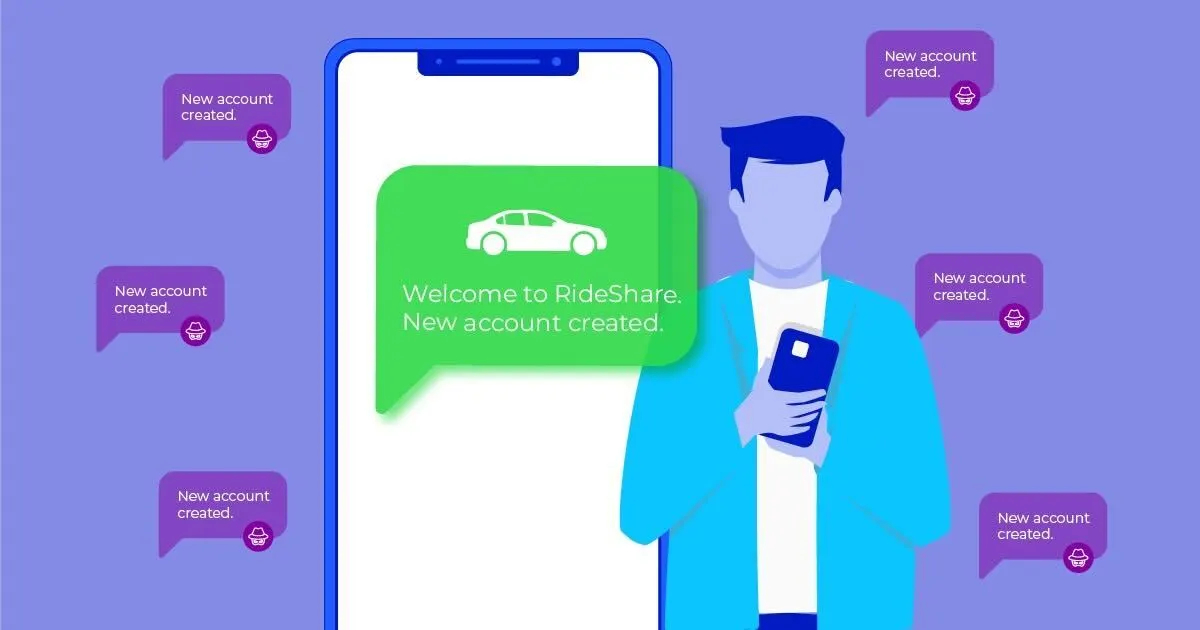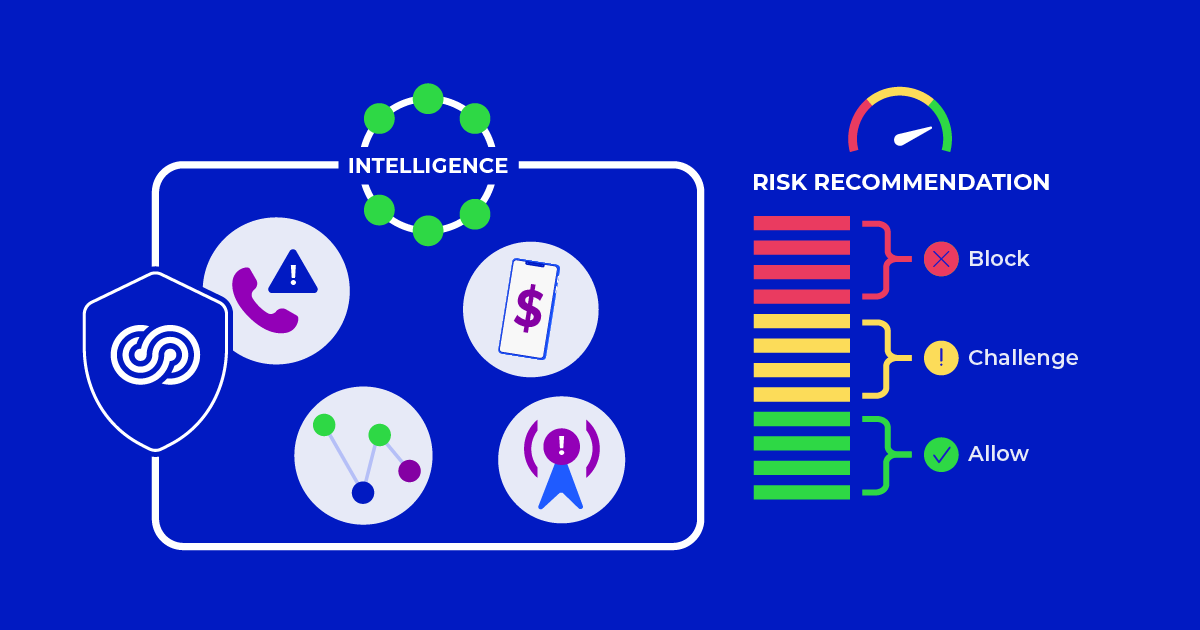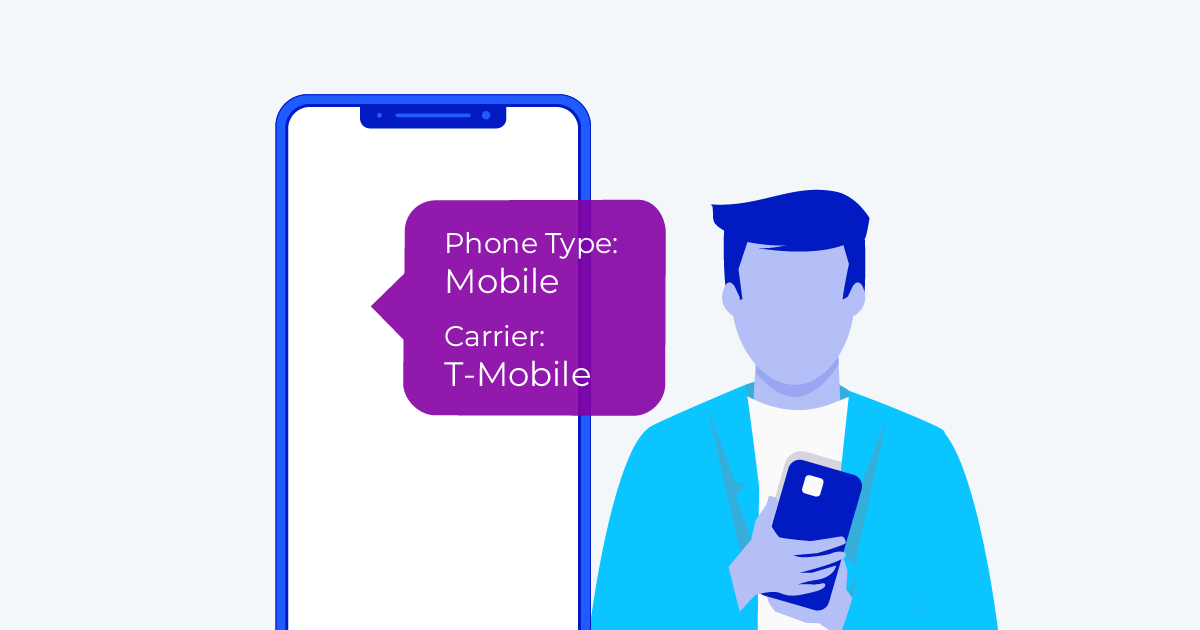
When it comes to on-demand services, the goal is to simplify everyday tasks, making people’s lives more convenient. With the ability to order food, a ride, or a health appointment in minutes, consumers are increasingly trusting digital businesses to provide fast, reliable service securely and effortlessly.
But with fraud on the rise, on-demand services have begun to struggle in their efforts to bring convenience to customers while keeping them safe.
And with bulk fake account creation storming the industry, there’s a growing concern that the on-demand services we’ve grown to love will become inaccessible, unusable, and inconvenient.
It doesn’t have to be that way, though, and some exciting developments in security and identity verification may present a solution.
The recent growth of on-demand services
On-demand services are a growing option for consumers, one that seems to be taking hold of industries and making life more convenient for a lot of people. These services are offered by businesses via a mobile app, letting users order transportation and food, connect with healthcare services, find work, and more, all in real-time.
These industries are exploding with financial opportunity: the online food delivery market alone is projected to reach USD $90.95 billion by 2023. And on-demand healthcare is expected to reach half-a-trillion by 2030.
With this growth, fraudsters are exploiting these services by creating fake accounts that game the system in their favor and destroy customer trust.
Fake accounts inundating the on-demand industry
Bad actors create fake accounts to dishonestly add Ôlikes’ to an app, manipulate installation numbers, spread misinformation, network with valid users, impersonate brands, and/or scam legitimate customers. They’re created with the use of stolen and fabricated email addresses, usernames, phone numbers, and other information to build legitimate-looking profiles that pass verification checks.
On-demand services suffer immensely from fake accounts, as they warp the validity of the rating system with bad reviews, open the door to fraud, and create an overall unpleasant experience on the platform for good customers.
As you might expect, on-demand services are most susceptible to fake accounts during the verification phase of user registration. If companies aren’t doing enough to validate new accounts, they could suffer from negative brand image, a loss of customers, and financial harm.
What’s happening with these fake accounts?
At first, the problem with fake accounts was more of a nuisance than fraud risk, with some users choosing to create a fake profile here and there. As time went on and on-demand services have scaled rapidly, fraudsters have begun employing more intensive techniques that result in bigger losses, using bulk fake account creation to automate their attacks.
For example, the on-demand food delivery company GrubHub was recently threatened by a Michelin-starred chef who noticed a fraudster created a fake account impersonating her restaurant.
Another incident involved users being tricked into believing they’re paying for a rental vacation from on-demand apps like Airbnb, only to be scammed by booking a listing for a nonexistent or misleading property. Even freelancers have run into problems with scams, as sites like Upwork have noticed increases in fraudulent attacks.
We know that bulk fake account creation is wreaking havoc in on-demand app systems, but what is its impact? Why are these fake accounts such a big issue?
Why this is a serious problem
Bulk fake accounts are a critical issue for on-demand service businesses, particularly those with growing quantities of customers and high volumes of customer interactions, as they need those same customers to offer sometimes-public feedback. So it makes sense that multiple fake accounts posting negative, untrue, and other harmful feedback about the service hurts a company’s reputation.
In addition to fake reviews and phony feedback, fake accounts also lead to scams that harm valid users, as well as increase costs and deflate business metrics, since fake users increase customer acquisition costs while decreasing customer lifetime value.
Here are the key ways fake accounts harm on-demand service companies:
- Alter the on-demand services algorithms and data, causing a misrepresentation of users, which changes the way the system operates, particularly the service it provides to users and how it provides it
- Increase the number of security issues the service has, due to potential scams
- Interfere with valid users and their experience on the service
- Harm the on-demand service company’s reputation through fake reviews
How to stop bulk fake account creation
The most important part of the phrase Ôfake account creation’ is Ôcreation’. Therefore, preventing fake users from creating an account and getting into your on-demand ecosystem is the key.
Consequently, the onboarding process is the best place to begin to see if there are any missing checks and balances that could maximize your system’s security.
The main problem companies often run into with this approach is striking the right balance between signing up legitimate new users and blocking out fake account creation. The good news is that on-demand services can keep risk-assessment processes effective in the background of the onboarding process while bringing on new users, helping to free their system of fake accounts without losing good customers.
How Telesign stops fake accounts
On-demand services need the ability to bring on users at an ever-increasing rate, and they need to do so securely. Consumer trust depends on it.
Whether you’re getting in a stranger’s car, having a stranger stay at your house, or hiring a stranger for a job, identity verification is critical to onboarding. The most secure and ubiquitous way to verify your customers at scale is via their phone number.
Telesign assesses the fraud risk of each phone number, letting you block or accept new accounts based on the level of suspicion. Obtaining a phone number at signup gives you much more information than other identity factors, such as an email address, and does not involve the time-consuming and costly friction inherent to document verification.
Telesign Intelligence is now the most advanced, comprehensive solution available to on-demand companies looking to shut down fake accounts while keeping their legitimate customers happy.



